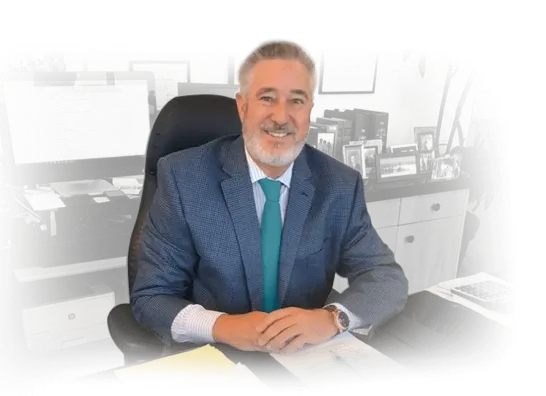While low-speed car accidents—typically occurring at speeds less than 15-20 miles per hour—might seem less dangerous than high-speed collisions, they can still result in severe injuries. It’s essential to recognize that the impact of these accidents can be substantial, leading to injuries that might not be immediately apparent. If you’ve been involved in such an accident, understanding potential injuries and how to address them is crucial.
Signs of Injury After a Low-Speed Collision
Injuries from low-speed accidents may only sometimes be immediately apparent. Common symptoms to watch for include:
- Neck Pain: Often resulting from whiplash, where the head is forcefully thrown forward and backward. This can lead to muscle strain and discomfort in the neck.
- Back Pain: Even minor collisions can cause back pain or stiffness, which might not be noticeable until days after the accident.
- Headaches: Persistent headaches could indicate a concussion or other injuries that may not immediately be evident.
- Bruising: Damage to soft tissues, although not immediately visible, can develop into bruising or soreness.
If you experience any of these symptoms, seeking medical attention as soon as possible is crucial. Early diagnosis and treatment are essential for managing and recovering from these injuries.
What Doctors Look for in Low-Speed Accident Injuries
When you visit a healthcare provider after a low-speed accident, they will perform several evaluations to assess your injuries:
- Neck and Back Assessments: Doctors will examine your neck and back for signs of whiplash or other injuries, often using physical examinations and imaging tests like X-rays or MRIs.
- Neurological Evaluations: If you report symptoms such as headaches or dizziness, neurological tests will be conducted to check for potential concussions or other neurological issues.
- Soft Tissue Injuries: Any bruising or damage to soft tissues will be evaluated to determine the extent of the injury and the appropriate treatment.
Doctors focus on identifying and treating the full scope of your injuries, which is vital for building a solid case with your Los Angeles personal injury lawyer.
How to Prove Injuries from Low-Speed Collisions
Proving injuries from low-speed accidents can be challenging. To support your claim effectively, consider the following:
- Maintain Medical Records: Keep thorough records of all medical evaluations and treatments. These documents are crucial for showing the extent and impact of your injuries.
- Obtain Accident Reports: Acquire a copy of the police report from the accident, as it provides essential details about the collision.
- Collect Witness Statements: Gather statements from witnesses who can corroborate the accident’s impact and severity.
- Seek Expert Opinions: Your Los Angeles car accident lawyer may consult medical experts to validate your injuries and their connection to the accident.
Comprehensive evidence is critical to supporting your claim and demonstrating the link between the accident and your injuries.
Why Low-Speed Accidents Can Cause Serious Harm
Even though low-speed accidents involve less force compared to high-speed collisions, they can still cause severe injuries due to several factors:
- Sudden Impact: The abrupt nature of the impact can put significant strain on the body, especially on the neck and back, leading to injuries.
- Lack of Preparation: Drivers and passengers are often not braced for the impact, which can result in more severe injuries even at lower speeds.
- Pre-existing Conditions: Individuals with existing health conditions may experience exacerbated symptoms following a low-speed collision.
Understanding these factors highlights the importance of not underestimating the potential severity of injuries from low-speed accidents. Seeking prompt medical and legal assistance is essential.
If you’ve been involved in a low-speed car accident and are experiencing injuries, consulting with a knowledgeable personal injury attorney in Los Angeles is essential. The Law Offices of Howard Kornberg are here to help you navigate the complexities of your case. Schedule a free initial consultation by calling 310-997-0904, and let us assist you in obtaining the compensation you deserve.
 Prev
Prev



